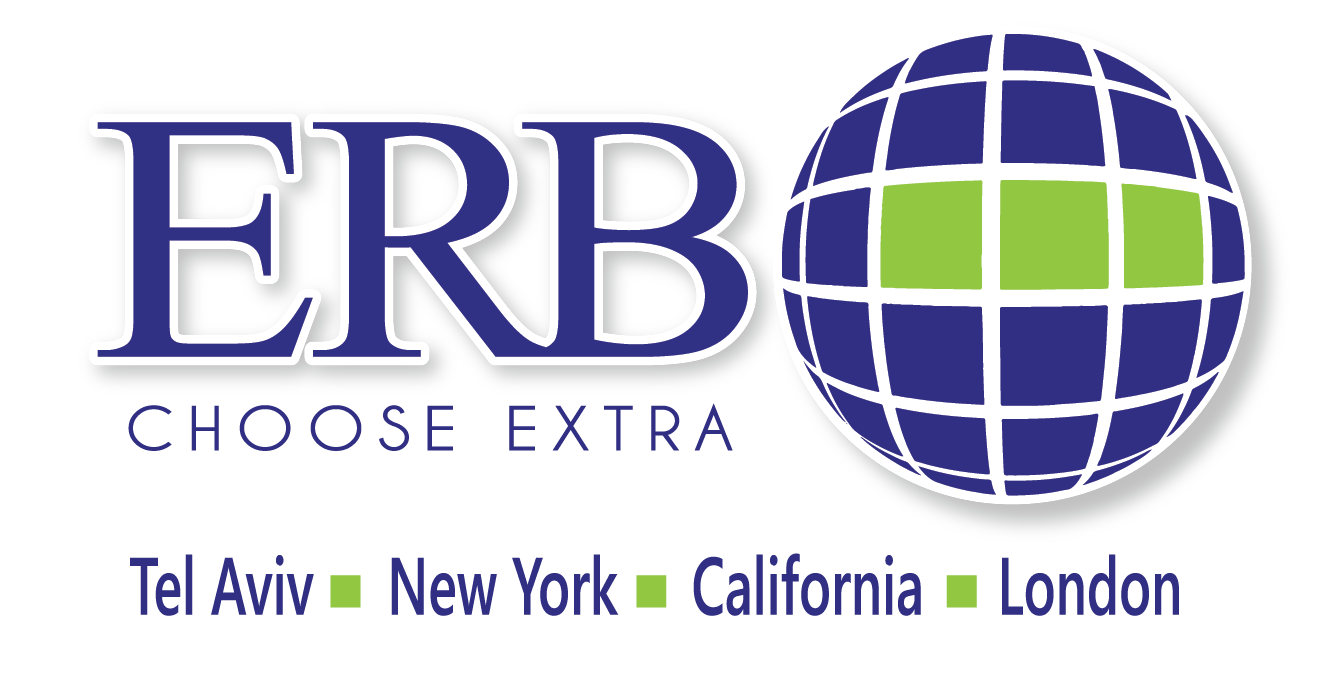In the mid-1980s, the government of the British Virgin Islands began actively soliciting companies wishing to incorporate in the islands, offering them confidential offshore registration. In spite of a 0% level corporate tax, 0% capital gains tax, 0% profit tax, 0% gift tax, 0% sales tax / Value Added Tax and 0% inheritance tax, the BVI government still enjoyed substantial revenues from incorporation fees. Legislation providing comprehensive confidentiality has made the British Virgin Islands even more attractive as a tax haven.
But now, it seems the party is about to end. Starting in December 2018, new regulations have been introduced in the British Virgin Islands with regards to taxation of local companies and limited partnerships. The new legislation revolves around requiring “proof of economic substance” for companies incorporated in the BVI and carrying on one of the following activities: banking business, insurance business, fund management business, finance and leasing business, headquarters business, shipping business, holding business, intellectual property business, distribution and service center business.
Theoretically, these companies will now be required to conduct real activity in the Islands. Doing business under BVI registration without the so-called ‘economic presence’ (director, office, proper expenses) will be forbidden.
The requirements of the act include:
- Company management within the BVI. This refers both to quorum threshold meetings and to documentation storage in the BVI.
- Employment of “sufficient” numbers of personnel who are physically present in the BVI.
- Records of “adequate” (for the size of the business) expenditures for the business within the BVI
- Displaying rented offices in the BVI – According to the scale of the business.
As all of these stipulations indicate it is not all doom and gloom for the future of the BVI as a tax haven. First, there is the question as how your business activity is defined, and the possibility for its redefinition. Second, the required proof of “economic substance” depends on the type of company in question and the criteria for business content vary have yet to be definitively determined by the authorities. This leaves companies registered in the BVI some room for maneuver- assuming they have an expert and knowledgeable CFO steering the ship! For some companies, such as holding companies, appointment of a local director will probably be sufficient. Other fields, such as intellectual property might require burdensome paraphilia such as office services, local management and employees and so forth.
Transition
Companies already registered in the BVI have what amounts to a six-month grace period to adapt their activities to the requirements of the new act. If they fail to meet these requirements by the end of 2019, companies will be deregistered from the BVI, with all of the negative taxation repercussions that entails – as well as a fine of 5,000 dollars.
If you are seeking to register a new company in the BVI, with all of the tax benefits that entails, you will have to meet all of these requirements upfront.
Moreover, companies registered in the BVI must provide financial authorities with any information ‘reasonably required’ to verify compliance with the Act. Again, this term is not strictly defined, and you will require an accountant or CFO well versed in Payroll accounting to ensure you meet the requirements in a manner which is optimal for your business and financial planning.
In fact, BVI registered companies can expect to be sailing in troubled and turbulent waters in the upcoming years as scrutiny and enforcement tighten. In this rapidly shifting environment only the best financial and tax planning services will suffice.
